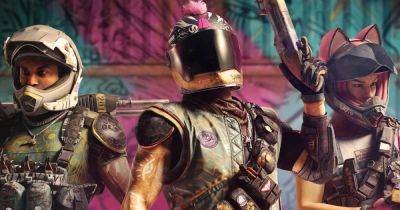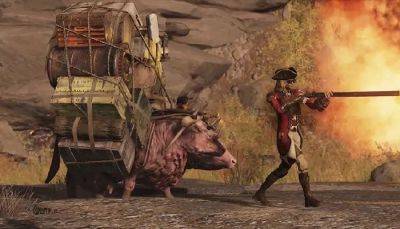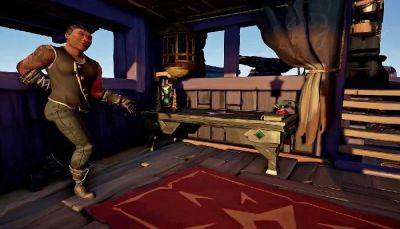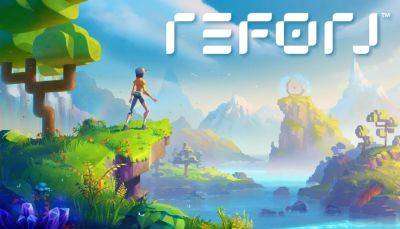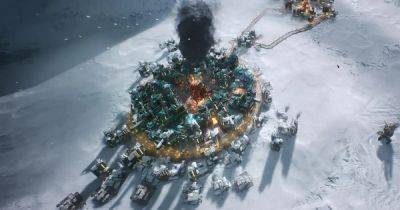Sea of Thieves: Progression, Player Incentives, and Plundering
The grind is one of the most ubiquitous features of the MMO scene. Multiplayer gamers are competitive— they want to be the best, to progress and earn rewards, to cement their status in the community through leaderboards, ranks, and, of course, loot.
A vast array of equippable gear is all but essential to the design of an MMORPG. Players expect a highly customizable character and a variety of niches to be filled, but the importance of item shops being many pages deep goes beyond functionality. This desire for competition means that today’s players expect their progression to be visible within their character: weapons, mounts, spells, and other rewards for dedication and hours spent playing the game.
This is an easy way for developers to keep players invested in the game. But it creates a more complicated design problem. For the more cool gear that is locked behind enormous price tags or high-level dungeons, the more powerful the already experienced players become. This positive feedback loop creates an ever-narrowing in-group of players who have the game knowledge and the high-end resources to dominate play, both in PvP settings and in more indirect areas of competition such as auction houses and farming.
A highly stratified player base makes it harder to sell a game to new players. Those entering on the ground floor with their standard iron sword and firebolt hex are going to be left in the dust by veterans touting mythril armor and godlike summoning spells. Solving the “gear gap” is an issue that MMO designers have been grappling with for years.
Some games, such as World of Warcraft use explicit level scaling, where PvE encounters are adjusted based on the player’s level such that everyone can take part in all quests and progress the narrative. Others, like Albion Online, might try to build a more horizontal level scaling, where progression becomes more about finding a niche than climbing a pyramid.
All this is to say that when game studio Rare began work on their


